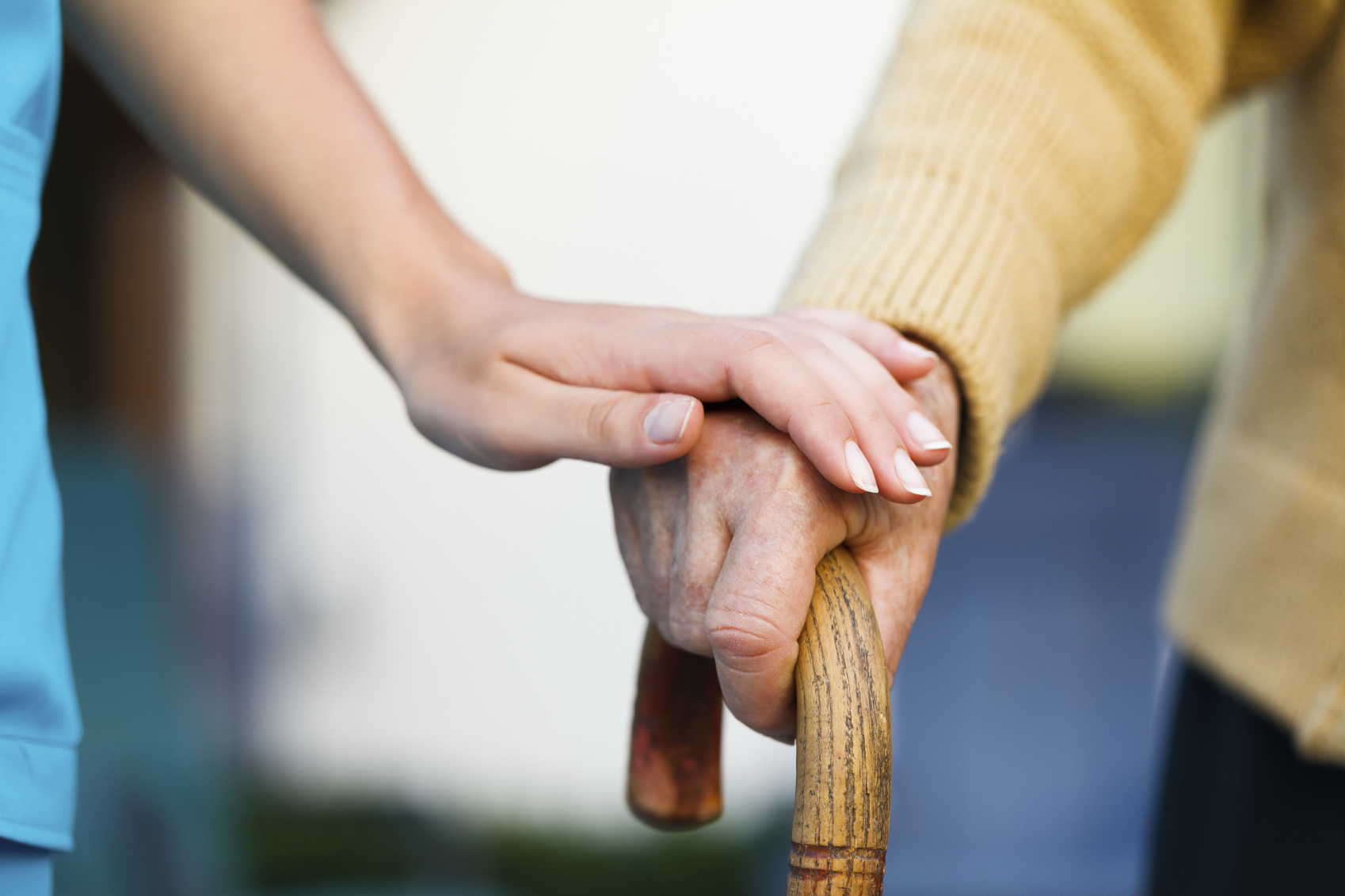AARP Hearing Center

The following post was submitted by Phyllis Ayman, an eldercare advisor, author, family care strategist and mediator, advocate, speech/language pathologist, speaker and trainer for the public and private sector, and holds various certifications for dementia training. She’s worked with thousands of residents, families, and health care workers in almost 50 nursing homes during a career that spans 45+ years. Ayman brings informative conversations to the senior years of our lives as host and creator of the SeniorsSTRAIGHTTalk podcast, including with AARP Connecticut State Director Nora Duncan.

The COVID19 pandemic highlighted deficiencies that affected how older adults are treated and cared for, especially in our nation’s nursing homes. These issues have been at the forefront of efforts by advocacy groups, public policy experts and researchers.
It also revealed isolation and loneliness experienced by elders living in our families, communities and nursing homes. Research indicates that isolation and loneliness can have the same effect as smoking up to 15 cigarettes a day and can contribute to cognitive decline, weight loss, depression, falls and even death.
Older adults isolated in our communities and nursing homes oftentimes become the subject of the news, usually when there is a terrible weather event such as a hurricane or flood.
We’re saddened and appalled upon seeing the images on the news. Eventually winds and waters recede, terrible images fade, and the news cycle moves on. Will COVID-19 be a terrible enough event which finally inspires much-needed change in the care and treatment of our aging parents? Isn’t that what we want for those we love? Isn’t it what we want for our future selves?
What needs to change?
We can no longer accept the status quo. We must reimagine nursing homes to reflect what the name implies: a home; a place where a person who’s no longer able to live independently can live with dignity, respect, quality of care and quality of life. A place where each person is celebrated, appreciated, and allowed to live and thrive to their maximum ability. Psychological, emotional and physical needs don’t change as we age, regardless of condition. We all need a sense of safety, belonging, connection, worth and purpose. We need independence, freedom of choice and decision-making related to our needs, desires, likes and dislikes. A nursing home embracing these needs would reflect a true person-centered approach to caring.
The COVID ban on nursing home visitation also focused attention on FaceTime visits. However, many residents and families went weeks without visits, primarily due to equipment or staffing shortages. Regardless of COVID, weekly FaceTime visits should be part of the care plan for every nursing home resident and family who is able or willing. Connection with others, especially those who we care about, is a source of light in our lives. It is vital to maintaining our physical, mental and emotional well-being. Families know the importance of their presence in nursing homes for ensuring their loved one’s care. Virtual visits would provide them the opportunity to see any changes that may be cause for concern so they could take appropriate action. For residents, residing in an environment separated from the world at large, knowing they are cared about by loved ones, family and friends would go a long way to uplift their spirit.
Healthcare workers caring for older adults in nursing homes and communities are equally important. The compassionate and person-centered leader understands they also deserve dignity, respect, support, encouragement, and are provided with proper equipment, a safe working environment and a fair living wage.
Eighty percent of U.S. nursing homes are for-profit; for-profit homes prioritizing profit over care contributed to the number of people who died in nursing homes from COVID-19. But is it only these homes that are at the root of less than adequate care?
Societal attitudes that view older people as a burden plays a role. We need to appreciate and recognize older adults as a valuable natural resource. The people who helped build this country, in some cases fought for this country and gave birth to the next generation. They are our nation’s Wisdom Keepers.































































